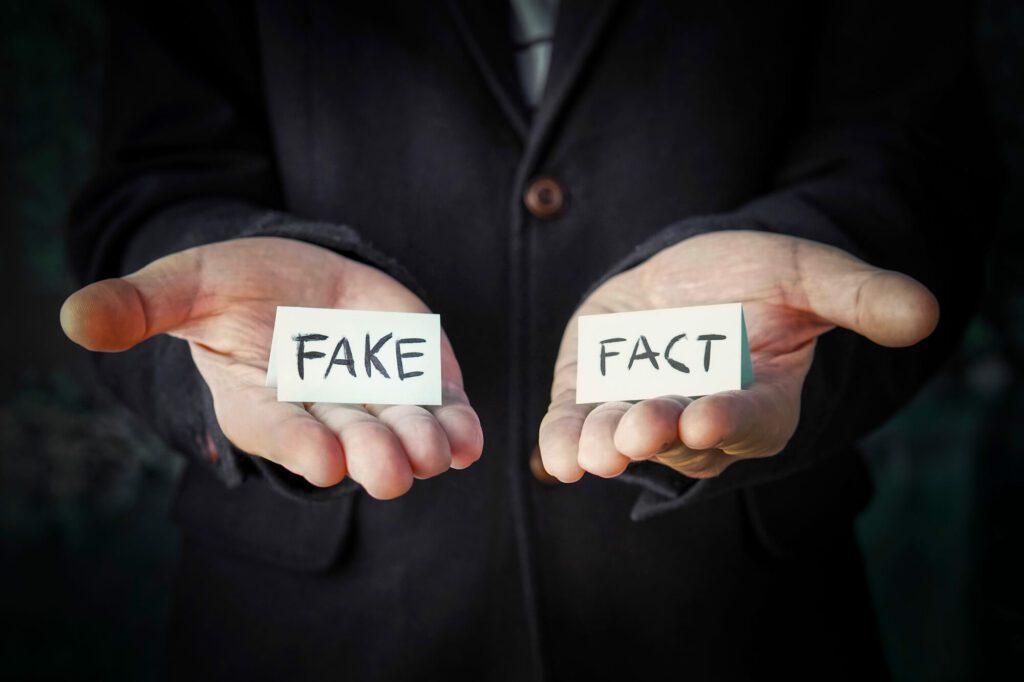Post-Twitter Files – Part 3: Media literacy and funding
8 min read The recent growth of the fact check industry, its global networks, the widespread annual conferences, and the industry’s wealthy funders are still hidden from most of the world’s view.










